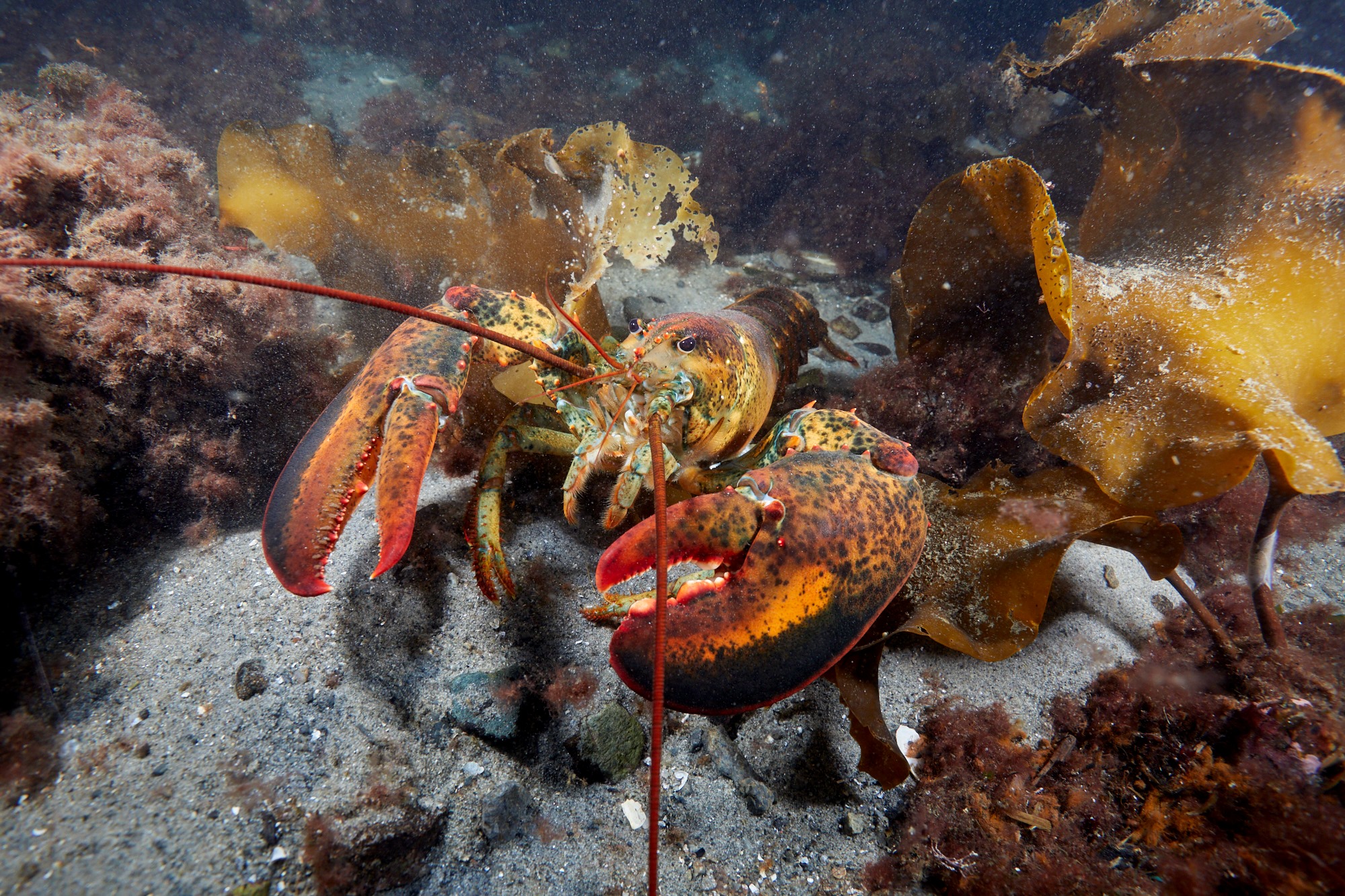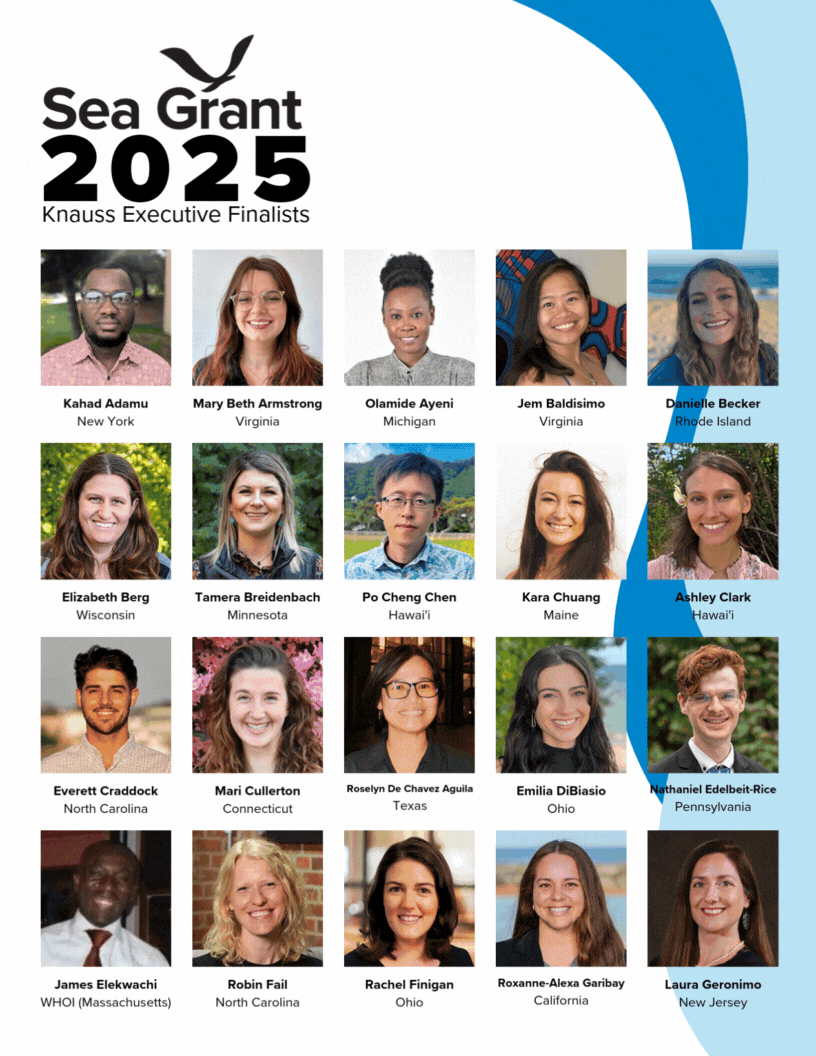By Brandon Schroeder (Michigan Sea Grant Extension), Tracy D’Augustino (Michigan State University Extension) and Olivia Rose (Huron Pines AmeriCorps)
In fall 2016, Bob Thomson’s Ella M. White Elementary fifth-grade students visited Thunder Bay River in the northeast Michigan watershed, where they used nets to trawl for plastics and were shocked to find microplastics in the water. After analyzing samples from the river, fifth-grader Tucker Bright said, “If there are this many microplastics in this little sample, just imagine how many there are in the Great Lakes!” To raise awareness about finding plastics in the river and finding solutions to this problem, these Alpena Public Schools students developed a film, “Plastics 101.”
Before producing the film, the students researched the topic of marine debris and found that microplastics are a problem in both the Great Lakes and oceans. The students consulted with fisheries expert Brandon Schroeder (Michigan State University Extension, Michigan Sea Grant Educator) and microplastics expert Dr. Sherri Mason (Professor of Chemistry, The State University of New York at Fredonia) to verify their research. Next, the students outlined the film’s goals and began creating a storyboard. The students also crafted props, recorded audio, and captured video footage all while having fun and learning.
Students also learned more about how their actions impact their community and ultimately the world. When plastics are improperly disposed, they could end up in a local stream, river, or the Great Lakes by the wind, rain, and through storm drains. Students were surprised to learn plastics absorb toxins, such as DDT, PAH, and PCBs and that these toxins can enter our food web. Since plastics don’t biodegrade, they don’t go away; they simply photodegrade into tiny pieces that can be consumed by plankton or small fish and then move up the food chain to eventually reach humans. To showcase solutions to this problem, the students highlight how to take action and protect our Great Lakes and ocean.
Through the Northeast Michigan Great Lakes Stewardship Initiative (NEMIGLSI) network, these students worked with Huron Pines AmeriCorps, Michigan Sea Grant, and the NOAA Thunder Bay National Marine Sanctuary to complete the film. The effort also was supported by DonorsChoose.org through Tom’s of Maine Green Your School Campaign.
“Plastics 101” also served as an educational tool through the Northeast Michigan Earth Day Bag Project, an effort where third, fourth, and fifth graders learned about the harms of single-use plastics to our Great Lakes and ocean and solutions to this growing problem. After watching a series of short films and discussing the information, students across northeast Michigan decorated paper bags with conservation messages (e.g. Refuse to Single Use; Protect our Great Lakes), which were then distributed to customers at local grocery stores on Earth Day.


